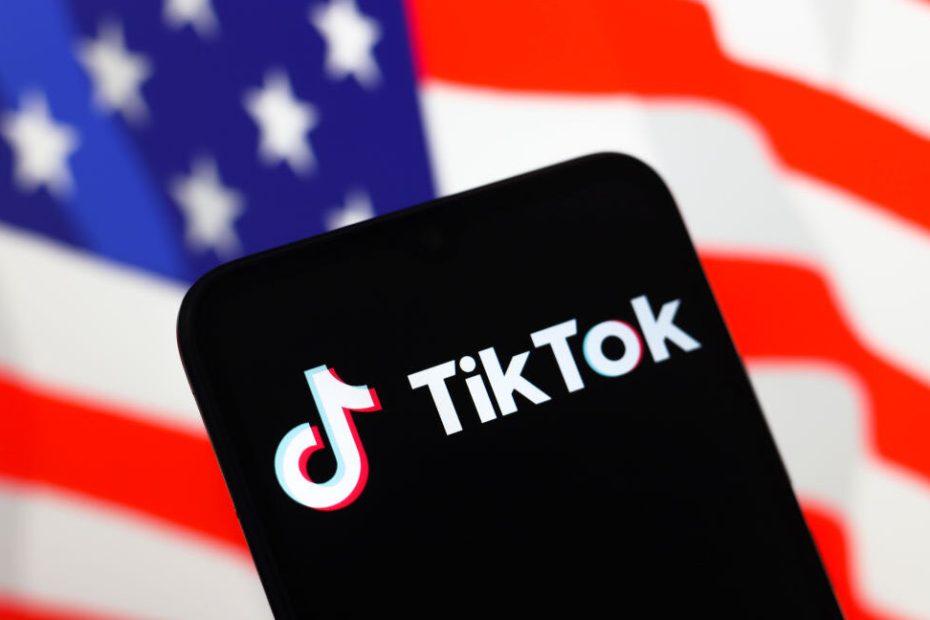
“What the law targets is the ability of the People's Republic of China to covertly manipulate that content,” the ruling said. “Conceived in this way, the government's justification is fully consistent with the First Amendment.”
TikTok will likely appeal to the Supreme Court
It's not surprising that TikTok is frustrated by the ruling. In a statement to Ars, TikTok spokesperson Michael Hughes confirmed that TikTok planned to appeal the case to the Supreme Court.
“The Supreme Court has a long-standing record of protecting Americans' right to free speech, and we expect they will do the same in this important constitutional issue,” Hughes said.
Throughout the process, ByteDance had emphasized that spinning off TikTok in the time required by law was not possible. But the court disagreed that ByteDance's failure to spin off TikTok in January turned U.S. law into a de facto TikTok ban. Instead, the court suggested that TikTok could be temporarily unavailable until it is sold, and would only be banned if ByteDance resisted or resisted divestiture.
There are no indications yet that ByteDance would ever be willing to part with its most popular product. And if no sale occurs and SCOTUS dismisses the case, that would likely mean TikTok wouldn't be available in the US, as allowing access to TikTok would risk steep fines. Hughes warned that millions of TikTokers will be silenced next year if the appeals court ruling stands.
“Unfortunately, the TikTok ban was created and implemented based on inaccurate, flawed and hypothetical information, resulting in outright censorship of the American people,” Hughes said. “The TikTok ban, unless stopped, will silence the voices of more than 170 million Americans here in the U.S. and around the world on January 19, 2025.”

